Jorge Cortes, MD, on the Evolution of CML Treatment, Remaining Challenges
By Jorge Cortes, MD - Last Updated: September 14, 2023Dr. Cortes, who is the director of the Georgia Cancer Center at Augusta University, discusses the plenary session on chronic myeloid leukemia (CML) he delivered during the Eleventh Annual Meeting of the Society of Hematologic Oncology.
In his plenary session, Dr. Cortes spoke about how care for CML has evolved over the years while highlighting remaining challenges and disparities.
For example, he emphasized that while the field has made “much progress” in CML, it’s important to recognize that the “progress has not reached everybody” in the nation and in the world.
Many countries in the world have limited access to diagnostics, treatments, monitoring, and clinical trials in CML, he said.
“We need to work on ways to address those disparities and the impact … in every disease, but certainly in diseases like CML where we have such good treatments,” Dr. Cortes said.
He also spoke about disease monitoring and how it has impacted CML treatment.
“We’ve learned a lot about how to monitor,” Dr. Cortes said. “We’ve made a lot of progress in standardizing the monitoring. We’ve developed good guidelines as to what are the optimal goals.”
However, he pointed to a key issue that he has seen evolve alongside increased use of polymerase chain reaction (PCR) disease monitoring.
“The problem that I see we’re facing is that we’ve become too obsessed about the PCR value for a patient … we change constantly drugs when a patient could do well without reaching those deep responses, and the problem is that when you constantly change [treatments], you create more risks for the toxicities, you create anxiety for the patient, you may increase the cost of care,” Dr. Cortes said.
Overall, he emphasized that PCR values are “only one of the elements of the holistic management of the patient.”
“It’s not a failure to have some detectable disease if the patient is doing well and having a good quality of life,” Dr. Cortes said.

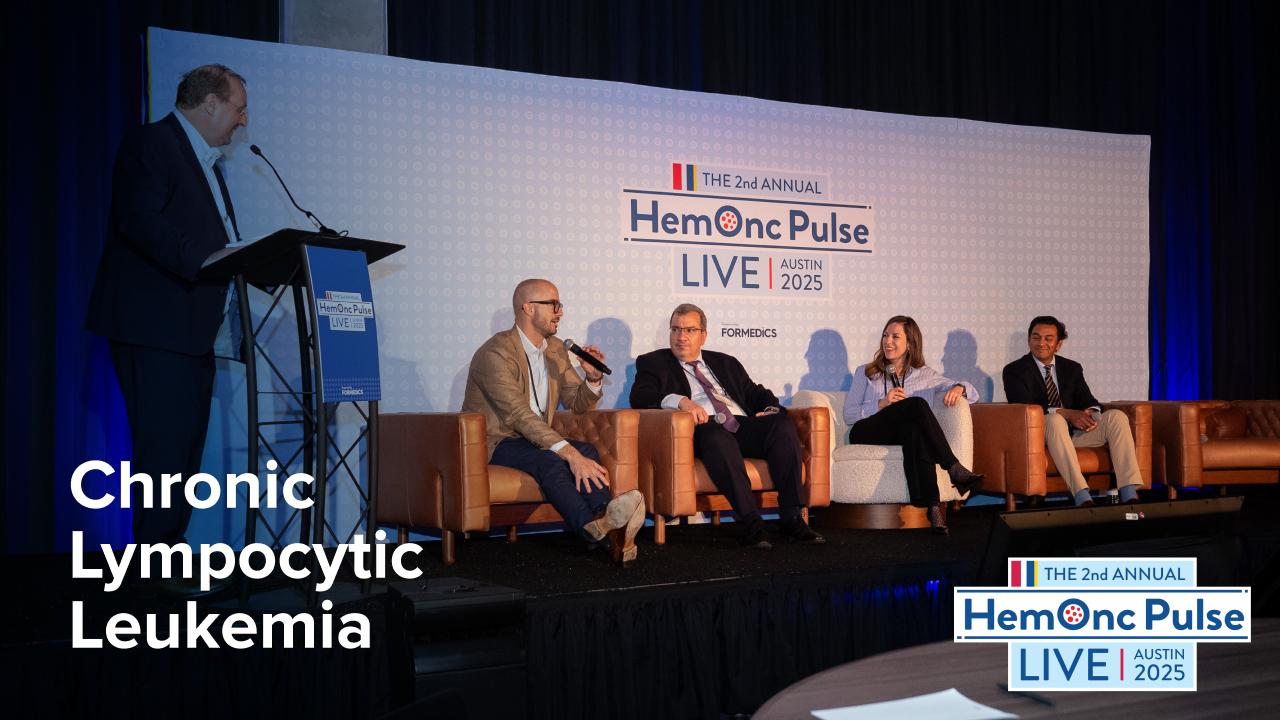
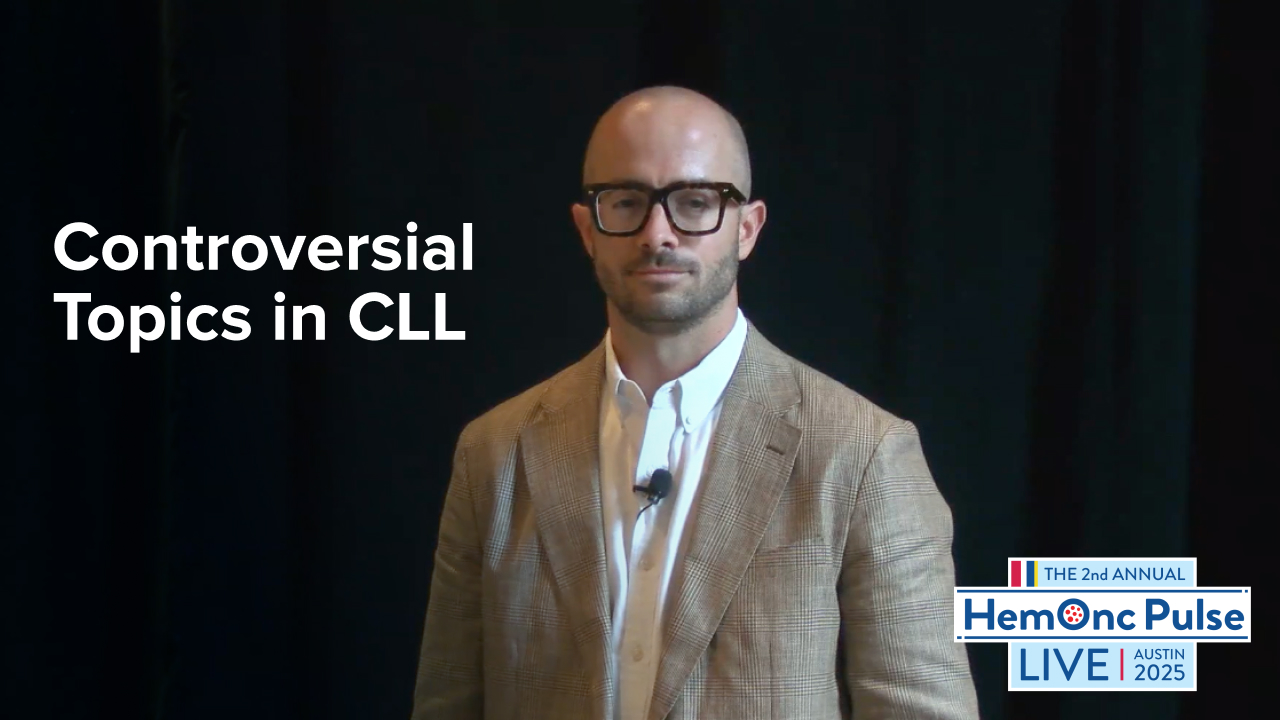
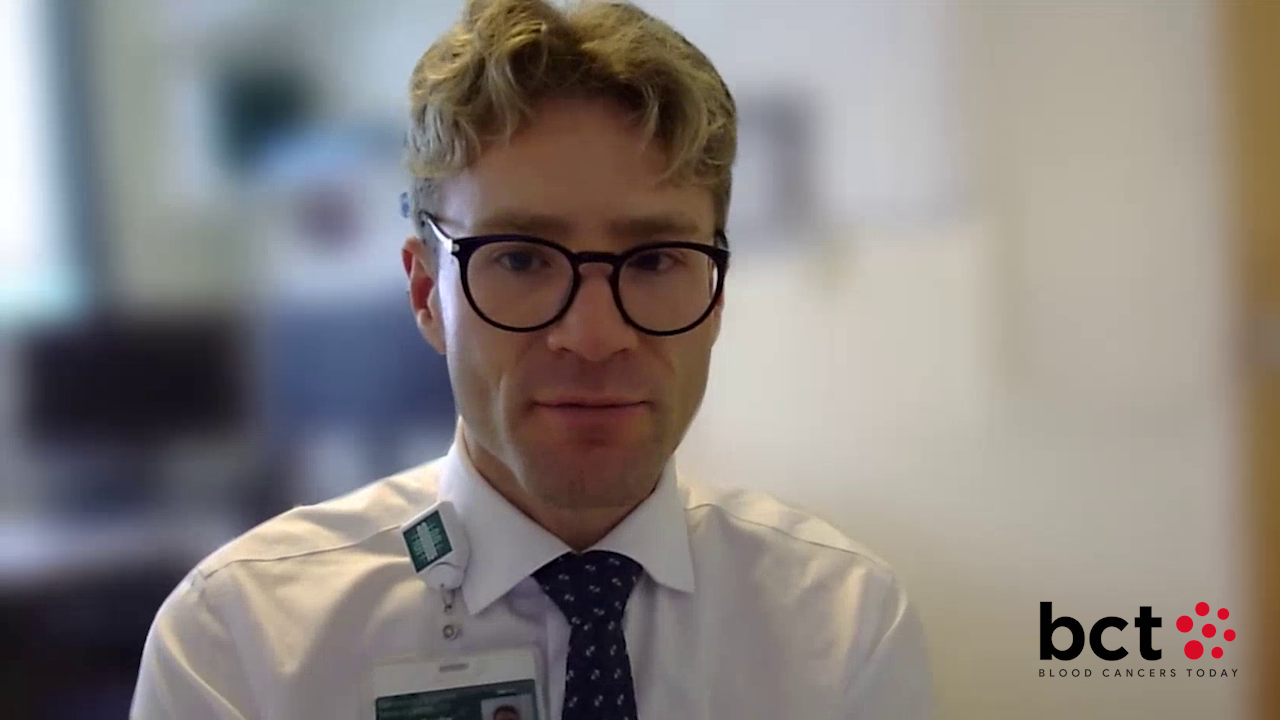
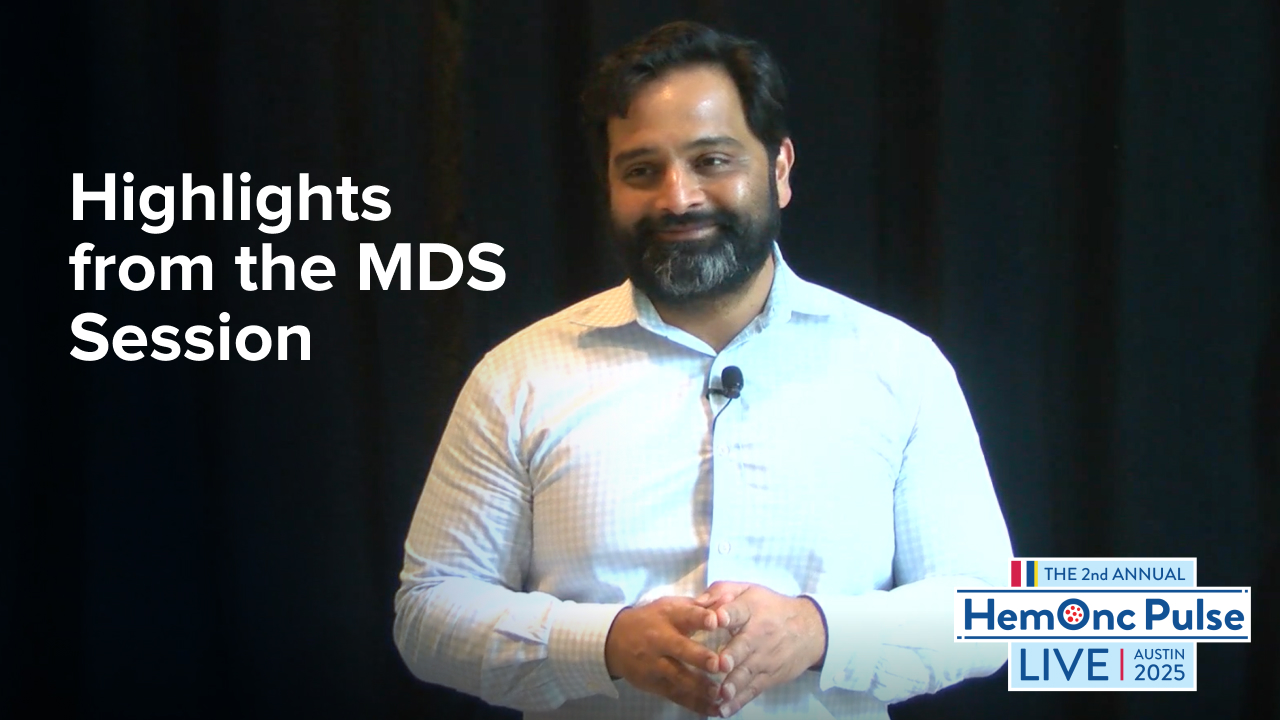
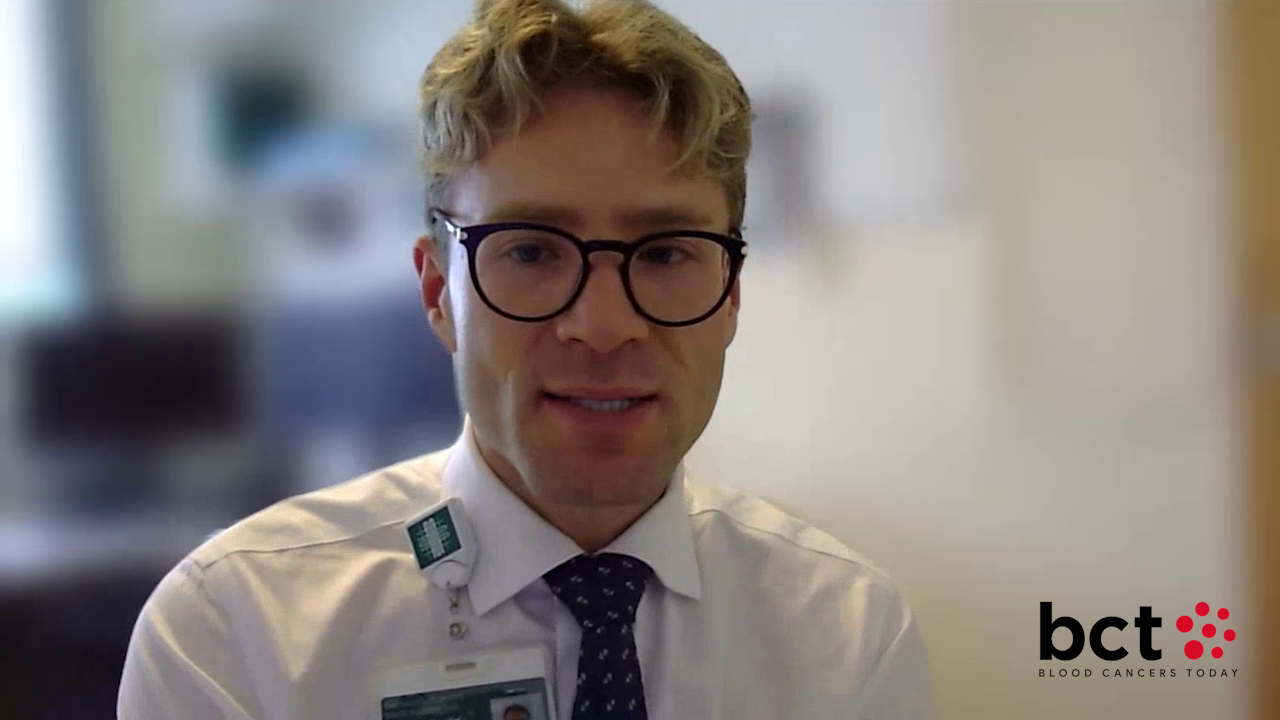
 © 2025 Mashup Media, LLC, a Formedics Property. All Rights Reserved.
© 2025 Mashup Media, LLC, a Formedics Property. All Rights Reserved.